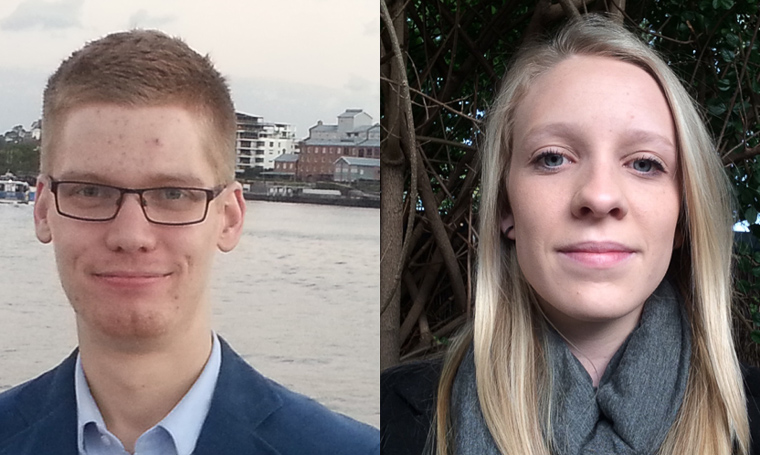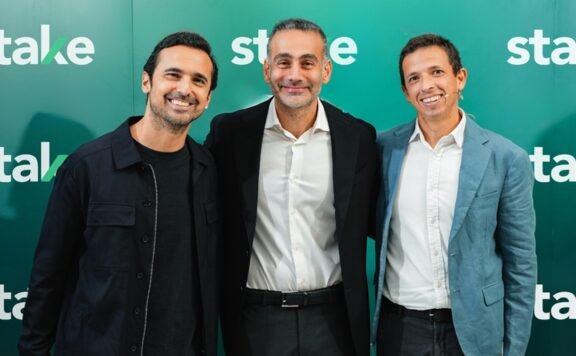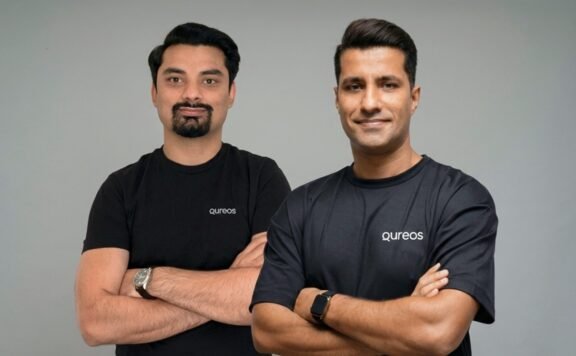Two startups that help protect the public have won funding from a venture program to take their ideas to market. The Venture Catalyst (VC) program is providing early stage capital funds of $50,000 each for two startups in the security and law enforcement sectors of South Australia.
Venture Catalyst is a joint venture between the South Australian government and the University of South Australia that aims to give young startup businesses a fighting chance on the world stage.
The two winners are Jemsoft, which provides an intelligent security system for retail premises, and myEvidence, which seeks to increase the efficiency of police work through technology.
Jemsoft
Jordan Green, the managing director of Jemsoft said the key differentiator of his patented IP is that it prevents the majority of potential perpetrators of armed holdups from entering a retail premises in the first place.
“While other solutions will try and keep them in or try and catch them once they leave, we simply stop the door from opening before they have the chance to gain access,” Green said.
“We’re one of the only preventative solutions and we’re the only solution that actually doesn’t impact the customer. It’s access control without inhibiting the customer experience.”
Their patented IP takes a number of data points, runs it through their proprietary software and either allows a person to enter the premises or not – all before they reach the door.
Green says that’s what sets them apart: the door will never be shut in front of a customer. Most of the funds from the VC program will be going towards market research, a key part of the commercialisation process for Jemsoft.
“We know where our initial key markets are, so we’re spending money finding out what the cost of an armed holdup is in those markets, and how much these stores are willing to pay for such a solution,” Green explained.
“We know that it works, we know how much it costs us to make, but we have no idea how much we can charge for it. We’ll also spend some of the funds on building connections, meeting with our retail partners in other countries.”
Jemsoft is looking in to foreign markets such as Argentina and other parts of South America, where crime rates are high and there are relatively high labour costs.
For Green, fellow Managing Director Emily Rich and their Directors Dr Paul Dalby and Christopher Stathy OAM, being awarded the grant provided validation for an idea that was largely developed behind closed doors.
“A lot of entrepreneurs won’t sign a non-disclosure agreement. After a few discussions the judges agreed to do that, which allowed us to give a pitch and some information. It allowed us to show a physical prototype as well,” Green said.
“These are people who have raised millions of dollars and built huge companies and are now, lucky enough for us, in South Australia. To have them endorse our idea and applaud us, praise us for our market research and knowledge, that is much needed validation.”
“We’ve spoken to retail chains and we know there’s interest there. To hear interest on the business model and the commercialisation structure was definitely good after working very hard for a very long time.”
myEvidence
Senior Constable Jerome Lienert and Senior Constable First Class Tung Tran developed the myEvidence app as a way to save the police force time and money.
It modernises the way evidence is collected. Using mobile technology, evidence such as photographs, notes, statements and interview records are electronically collected and transferred securely to a desktop for investigators to access and develop briefs of evidence.
“When I started out in the police, I noticed as patrol cops that a lot of our time was spent in the office doing paperwork for arrests and administration,” Tran explained.
“A lot of time lugging a video camera to the desktop, burning off three or five copies for court and other people. We would take handwritten statements, go back to the office to type them and then go back to see the person to get a signature.”
These administrative processes all detracted from their job of doing actual police work. Tran and Lienert saw an opportunity to use modern consumer technology to streamline police work, keeping them in the field and effectively policing for longer.
“myEvidence lets you do all of that on the phone, on the tablet, and then flick it back, so by the time you’re back at the station, it’s all there, all done. You don’t have to include thirty minutes to get the evidence off or any of those cumbersome practices.”
They’ll be using the VC grant to allocate around 200 hours of development for the app, with the remainder going towards a secure server system – critical for the force to trust the program – and a pilot trial to test the software in the field.
“We’re treading in to new territory and there’s a lot to consider. Having the backing and mentorship will give us a lot of momentum going forward,” Tran said.
Having the Venture Catalyst program behind them increases the chances of the police department accepting their proposal.
“To get it across to them, we have to be professional. We don’t want to be seen as a couple of blokes working in the backyard on this idea. With the VC now, and the back of the University and the Department of State Development, we can take something much more polished to the police department.”
Minister for Science and Information Economy Gail Gago said the program provided young people a real opportunity to grow their business. “Our economy benefits from entrepreneurs who are willing to take risks and generate new ideas. We want to send the message that South Australia can be the best place to start, finance and grow their business,” Minister Gago said.
Vice Chancellor of the University of South Australia, Professor David Lloyd, said the first grants in the program would encourage more students to develop their own innovative ideas.
“The investment we are making together is one that rewards individual’s innovations but also has the potential to bring ongoing benefits to the wider community and the state.”





